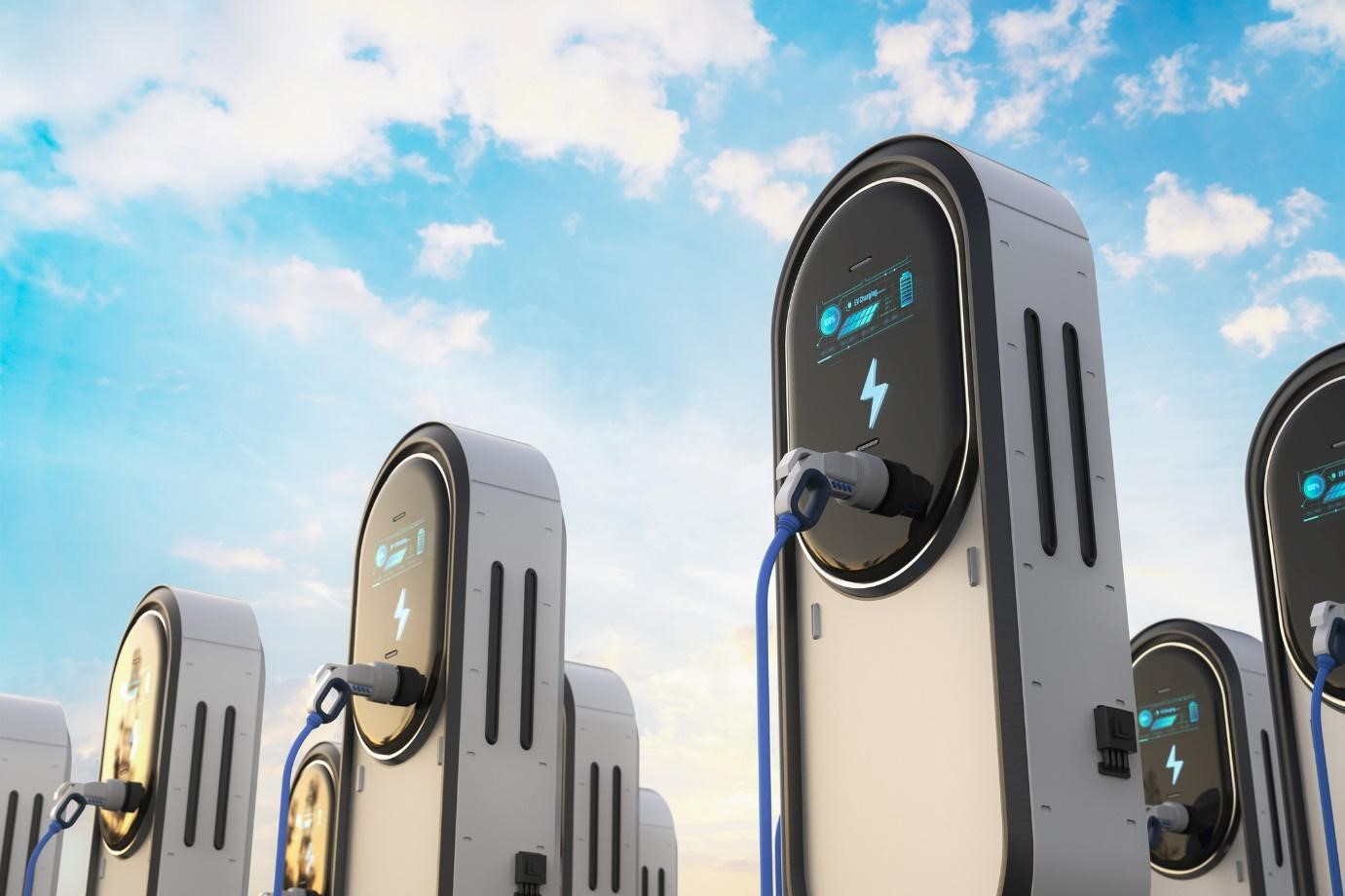The Government of Madagascar has officially launched its National Electric Vehicle (EV) Policy, marking a significant step towards sustainable transportation and environmental conservation. The policy aims to reduce the nation's carbon footprint, promote renewable energy usage, and stimulate economic growth through the adoption of green technologies.
A Strategic Move Towards Sustainable Transportation
The launch of the National EV Policy underscores Madagascar's commitment to addressing climate change and transitioning towards a more sustainable and eco-friendly transportation system. The Minister of Transport, [Name], announced the policy during a press conference held in Antananarivo, highlighting the government's dedication to aligning with global environmental goals.
"This policy is a testament to our commitment to protecting the environment while fostering economic development," stated Minister [Name]. "By embracing electric mobility, we aim to reduce greenhouse gas emissions, improve air quality, and create new economic opportunities for our citizens."
Key Objectives of the EV Policy
The policy outlines several key objectives aimed at promoting the widespread adoption of electric vehicles nationwide:
- Reducing Carbon Emissions: The primary goal is to significantly cut down carbon emissions from the transportation sector, which is one of the leading contributors to air pollution and climate change in Madagascar.
- Promoting Renewable Energy: The policy encourages the integration of renewable energy sources, such as solar and wind power, to support the EV charging infrastructure, ensuring that the shift to electric mobility is truly sustainable.
- Economic Growth and Job Creation: By fostering a local EV industry, the government aims to stimulate economic growth and create new job opportunities in manufacturing, maintenance, and support services related to electric vehicles.
- Infrastructure Development: The policy includes plans for developing a widespread and accessible EV charging network across urban and rural areas, ensuring convenience and reliability for EV users.
- Incentivizing Adoption: To accelerate EV adoption, the government will introduce financial incentives such as tax breaks, subsidies, and reduced import duties on electric vehicles and related components.
Implementation Strategies and Collaborative Efforts
The successful implementation of the National EV Policy will involve collaborative efforts between various stakeholders, including government agencies, private sector partners, and international organizations.
- Public-Private Partnerships: The government plans to engage with private companies to invest in the development of EV infrastructure and local manufacturing capabilities, leveraging expertise and capital to drive progress.
- Capacity Building and Education: Initiatives will be undertaken to educate the public about the benefits of electric vehicles and provide training programs to build a skilled workforce capable of supporting the emerging EV industry.
- Regulatory Framework: The policy outlines the establishment of clear regulations and standards for EVs and charging stations to ensure safety, efficiency, and interoperability across the network.
- Research and Development: Investment in R&D will be prioritized to foster innovation in EV technologies and adapt solutions to the specific needs and conditions of Madagascar.
Anticipated Benefits and Future Outlook
The adoption of the National EV Policy is expected to yield numerous benefits for Madagascar, including:
- Environmental Conservation: A substantial reduction in air pollution and greenhouse gas emissions, contributing to the fight against global warming and preserving the country's rich biodiversity.
- Economic Advantages: Growth in new industries and job markets, increased energy security through reliance on local renewable resources, and potential reductions in fuel import costs.
- Improved Public Health: Better air quality leading to decreased health issues related to pollution, enhancing the overall well-being of the population.
- Technological Advancement: Positioning Madagascar as a forward-thinking nation embracing modern and sustainable technologies, attracting further investment and development opportunities.
The government has set ambitious targets for EV adoption over the next decade, with periodic reviews and adjustments planned to ensure the policy's effectiveness and responsiveness to evolving technological and economic landscapes.
Conclusion
Madagascar's National Electric Vehicle Policy represents a proactive and strategic approach to addressing environmental challenges while fostering sustainable economic development. Through collaborative efforts, implementation strategies, the nation is poised to make significant strides towards a greener and more prosperous future.





